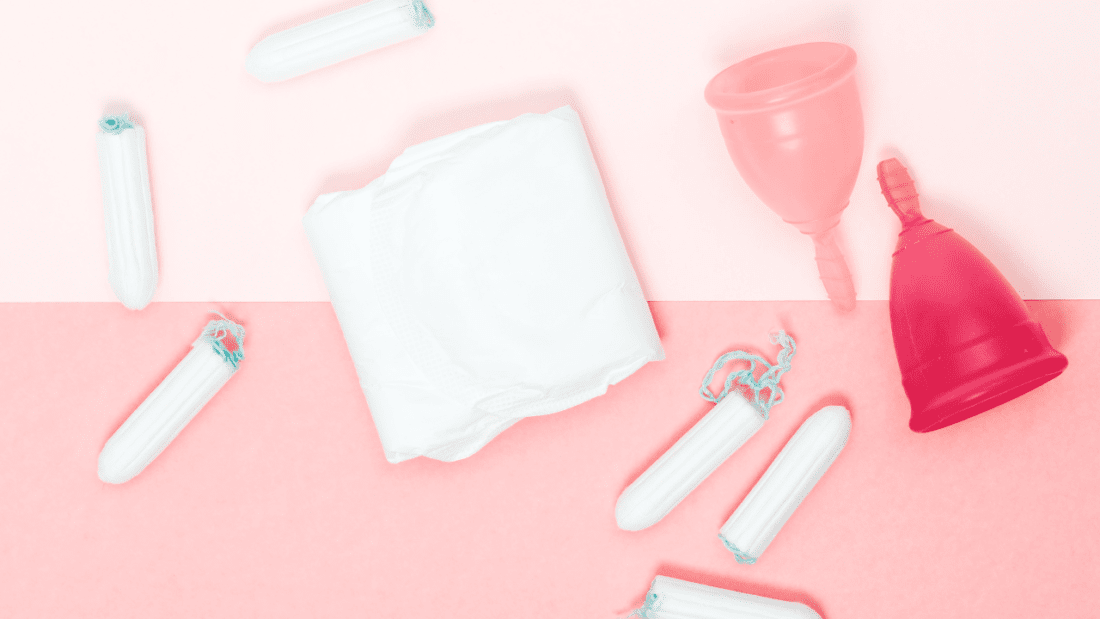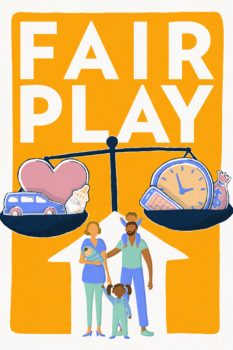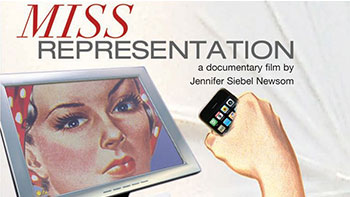Everyone should have access to the menstrual products they need. Period. In reality, half a billion people worldwide experience period poverty: a lack of access to necessary products, facilities, and education. Period poverty is a major issue. Menstrual products are not a luxury, but they are unfortunately treated like one. October 8th is Period Action Day, an annual and growing movement to end period poverty in our lifetimes. How can you take action to further period equity?
Learn about period poverty! PERIOD has a great collection of resources available that cover different aspects of the issue, including volunteer chapters, research reports, and recorded panels. The organization also regularly hosts events to help push menstrual equity forward. Upcoming events include a two-part workshop on organizing and numerous panels for Period Action Day. The Alliance for Period Supplies also has comprehensive research on the impact of period poverty across the United States.
Donate period products! 500 million people struggle to access menstrual products. According to research by U by Kotex, one in three women in the United States alone report missing commitments like school or work due to lack of period supplies. Menstrual equity is essential and can only be achieved when people can access the products they need to fully participate in daily life. Donations are a great way to help. Ask your local women’s and homeless shelters if you are able to donate products directly. You can even take it a step further and organize a donation drive–check out toolkits from PERIOD and the Alliance for Period Supplies to learn where to start.
Advocate for period equity! Beyond education and donation, you can take additional steps to promote menstrual equity. On October 8th, you can join the conversation using #PeriodActionDay on social media. You can also raise awareness in your community about period poverty by sharing these resources with your network.
Take Action! Confront period poverty by learning about the issue, donating menstrual products to local organizations, and advocating for period equity online and in your community.




